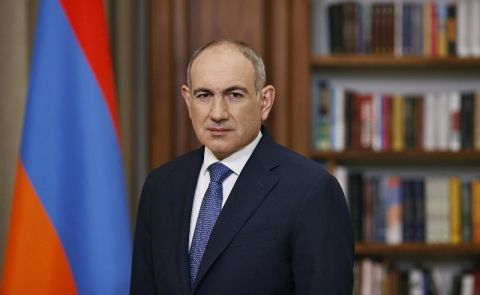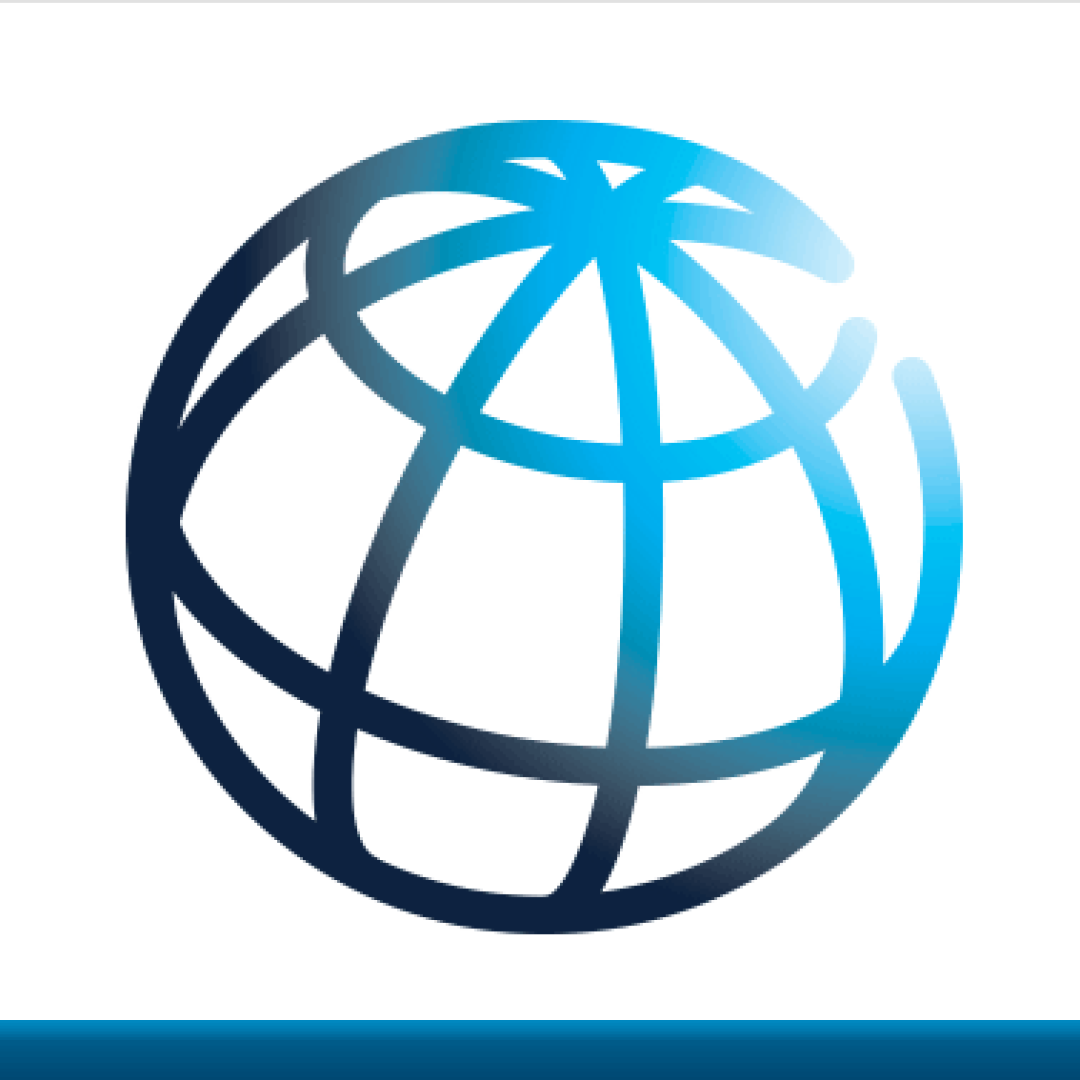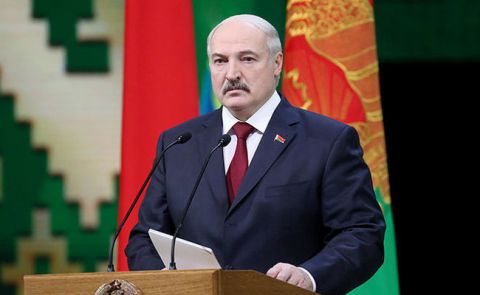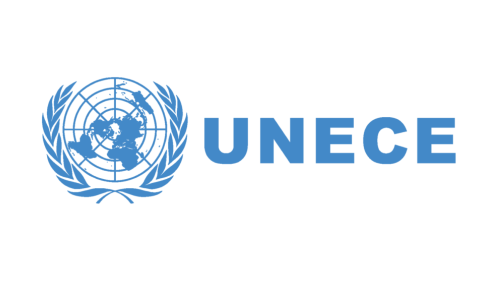
World Bank Disease Prevention and Control Programme in Armenia prolonged

On 9 October, Armenia's Health Minister Arsen Torosyan and a World Bank team met in Yerevan to prolong the disease prevention and control programme in the country, reported arka.am.
The parties discussed also a set of issues regarding the construction of hospitals in the regions, the acquisition of equipment and screening financing. They also discussed a study visit to South Korea were Armenian and Georgian delegations will sign a memorandum with the Korean Health Insurance Evaluation Service for twinning cooperation. At the end of the meeting, guests said that in the future, there are plans to cooperate with the World Health Organization (WHO) in the field of improving emergency medical care.
The provision of a $35 million loan to Armenia under the disease prevention and control program was approved by the World Bank Council in March 2013. The total funding for the program is $45 million, of which the Armenian government provided $8.2 million, as well as $1.8 million additionally funded by the Trust Innovation Healthcare Fund in the form of a grant. The program is designed to help the Armenian Ministry of Health to protect the health of mothers and children, prevent non-communicable diseases (diabetes, hypertension, cervical cancer) at the primary care level, diagnose and treat diseases in the early stages, as well as increase the effectiveness of hospitals and improve the quality of their services.
The most common cause of death due to illness in Armenia is non-communicable diseases. Some of these diseases are cardiovascular disease, cancer, diabetes, chronic respiratory disease and musculoskeletal conditions. These all add up to a substantial fatality rate in the nation. Approximately 50 percent of deaths were caused by cardiovascular diseases. Another widespread disease in Armenia is malaria. Although Armenia gained the status of a malaria-free country in 2011, the disease still causes casualties in the country. Another specific disease for the country is the Familial Mediterranean Fever (FMF), which is hereditary and only affects individuals from the region. According to a report from the National Human Genome Research Institute, approximately one in every 200 people with one of these particular backgrounds has FMF. There is currently no cure for the disease.
See Also


Abkhazia’s Separatist Leader Discusses Relations with Russia

CoE Commissioner Addresses the Georgian Government

Kobakhidze Announces Plans to File Lawsuit to Ban the "Collective National Movement"

Belarus Affirms It Has Never Been an Adversary to Georgia

